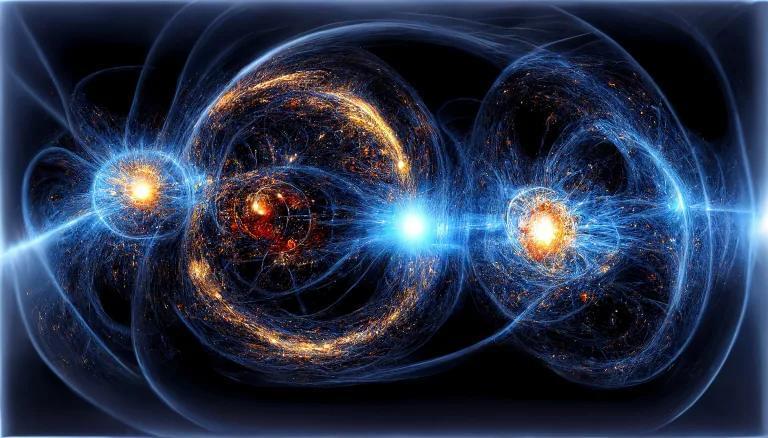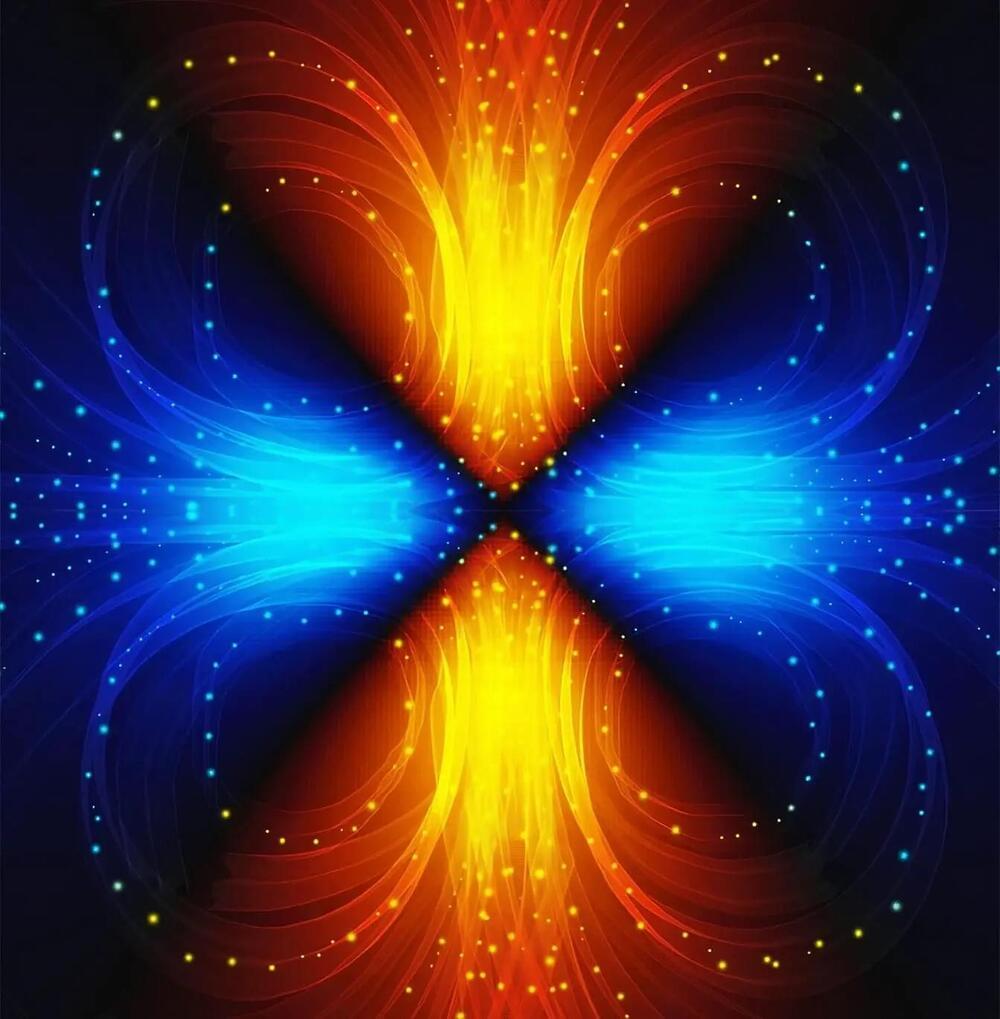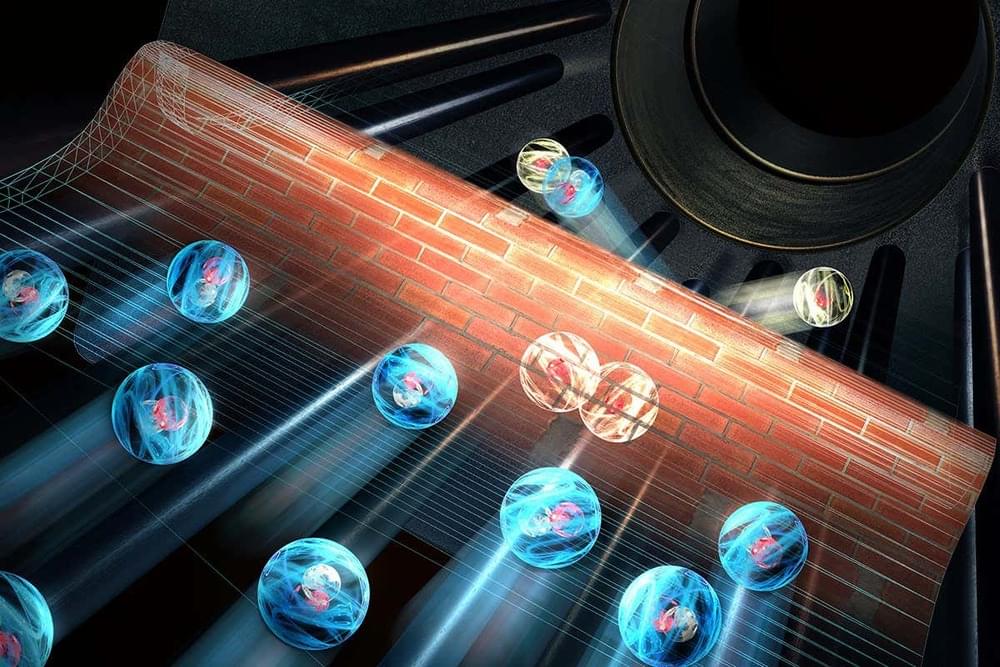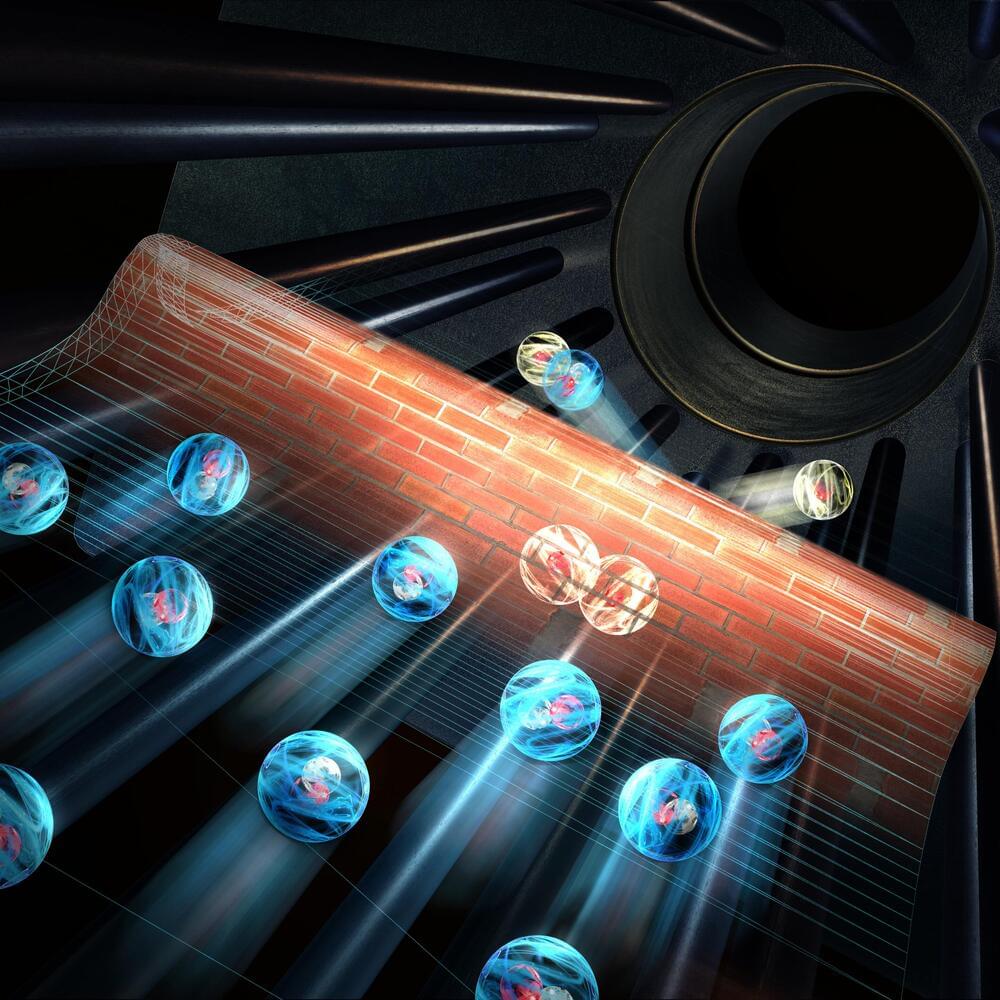Julian Barbour, physicist, talks the illusion of time, the origin of the universe, and what is reality. He also discusses his newest book, “The Janus Point: A New Theory of Time,” which makes the radical argument that the growth of order drives the passage of time — and shapes the destiny of the universe.
Read “The Janus Point”: https://www.basicbooks.com/titles/julian-barbour/the-janus-point/9780465095469/
Julian Barbour’s Website: http://www.platonia.com/
Julian Barbour is a physicist with research interests in quantum gravity and the history of science. Since receiving his PhD degree on the foundations of Albert Einstein’s general theory of relativity at the University of Cologne in 1968, Barbour has supported himself and his family without an academic position, as an author and translator.
Watch more Closer To Truth interviews with Julian Barbour: https://bit.ly/3eIW96E
Register for free at closertotruth.com for subscriber-only exclusives: http://bit.ly/2GXmFsP
Closer to Truth presents the world’s greatest thinkers exploring humanity’s deepest questions. Discover fundamental issues of existence. Engage new and diverse ways of thinking. Appreciate intense debates. Share your own opinions. Seek your own answers.






